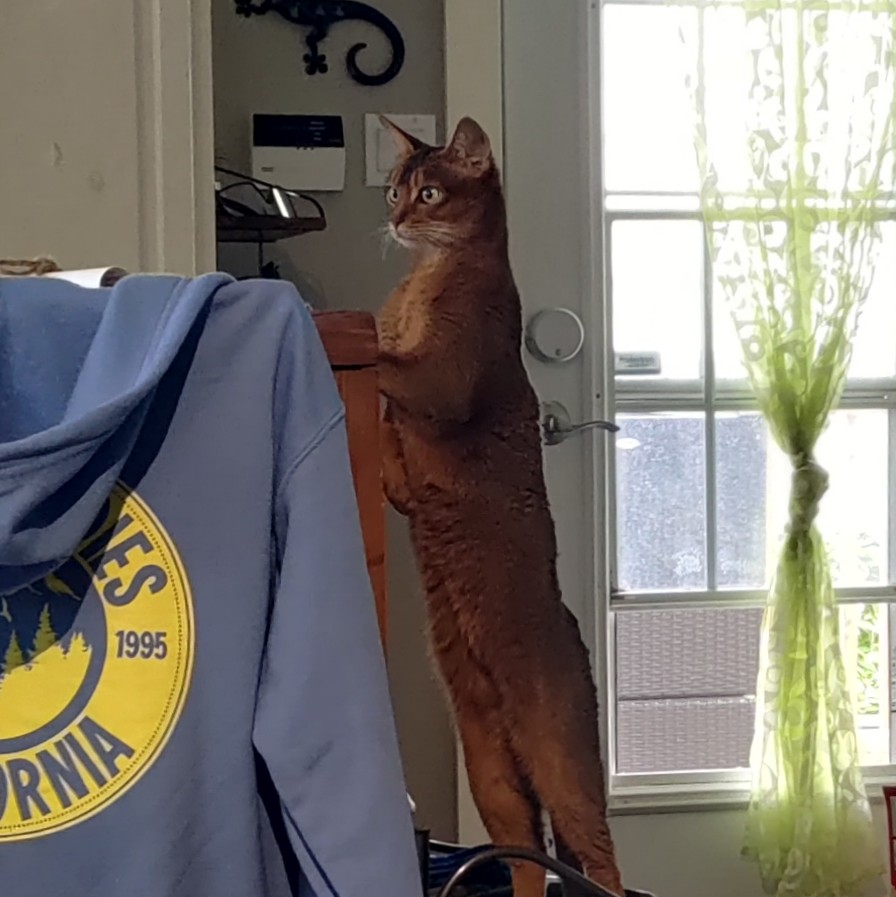- cross-posted to:
- biodiversity@mander.xyz
- cross-posted to:
- biodiversity@mander.xyz
Hopefully it gets peer reviewed soon. It’s interesting but I would like to see it reproduced before we say it was discovered.
In a study that has yet to be peer reviewed
Why would you want the mystery virus to reproduce?
It’s not a virus, and I think that @TachyonTele@lemm.ee was saying that they’d like the study reproduced, not the Obelisks.
I know that my comment deserved an “/s” since I was playing off of unclear pronouns and the article’s use of “virus-like,” but I felt that admitting that I was in on the joke undermined the humor. I stand by my choice and accept my downvotes for the chuckles.
That was a joke?
Behold my humor: subtle, confusing, and mostly for myself
You took your shot at subtle, fartographer. It didn’t pass muster as much as gas.
“It didn’t pass muster as much as gas” is now my favorite phrase of the week. I’m stealing that to throw in everyone’s faces and act all smug and sophisticated when I say it.
Just like my farts!
Your farts are for myself? I collect weird things…
Because they’re not a virus. And they’re a new discovery, we don’t know how they reproduce.
Don’t kink shame me
This article is from January. It has since been peer reviewed and published in Cell. But, having been peer reviewed has no bearing on reproducibility unless within this study they were to have multiple independent groups repeat their experiments. Which I don’t think they did. Still, good study I think.
I’m a peer. I pee at least 6 times a day; more if I’d had a lot of water that day. Can I review it?
As a for-profit company that publishes scientific papers FOR MONEY, youre a perfect fit for our org. Welcome aboard!
It’s an alien invasion. And you all thought they would be Human sized. mwahahahaha
I didn’t. I saw that episode of the X-files.
deleted by creator
so they are basically just genetic material with no coat?
From what AI understood, yes. Scientists are not yet sure exactly what they are, and they have no apparent way to survive outside of a cell like viruses, but they also seem to be more complex than plasmids.




